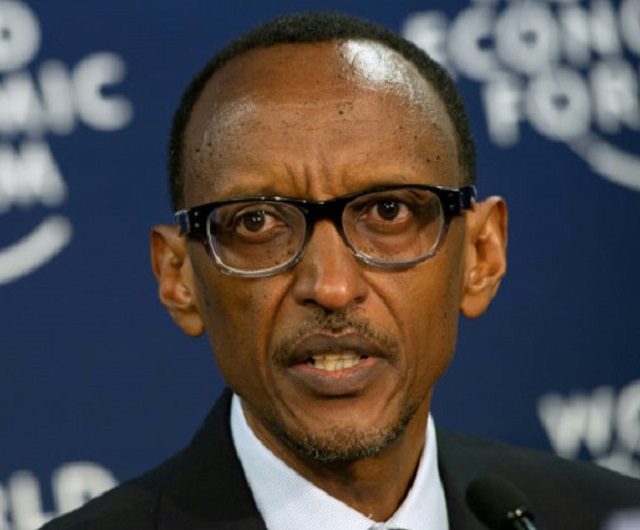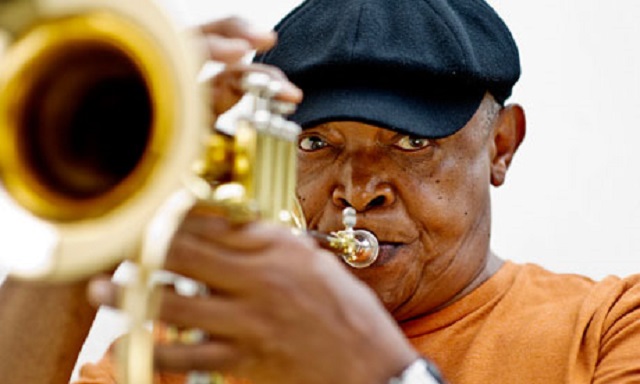Cash, conflict, Kagame top AU summit agenda

Addis Ababa — Feted for turning around tiny, conflict-torn Rwanda, President Paul Kagame will have to tackle the far larger task of reforming the African Union as he takes over as chairperson at its main annual summit.
The reform agenda proposed by Kagame and backed by AU leadership will dominate a summit in Addis Ababa tomorrow and Monday, where heads of state and government are also expected to make a joint denunciation of Donald Trump’s reported slur on their countries.
Representing 55 countries, leaders will also juggle questions crucial to the bloc, such as how to pay its bills and how to address the many crises gripping the continent.
While those issues have a long, familiar history of debate within the AU, analysts and an African diplomat who spoke to AFP say the body is split over the massive reform agenda.
“I think Kagame will do everything possible. He wants to leave his name here,” the diplomat said on condition of anonymity.
“At the end of the day, everyone thinks they need to reform, but what is going to happen is going to be very weak.”
Kagame, succeeding Guinea’s Alpha Conde as AU chairperson for a one-year term, has proposed a raft of reforms including appointing a troika of leaders to represent Africa globally.
While many admire how Kagame has turned his country around and maintained a grip on power since 1994, others resent his efforts to reform the AU – seen as a lumbering bureaucracy that, to most Africans, is largely irrelevant.
“He’s a village chief who had some success in the village,” the diplomat said.
“He tried to use the village method in the city and people said ‘hello? It doesn’t work like that here.’”
Among the most debated of the reforms is how to make the AU pay for itself.
The AU currently functions mostly due to cash from foreign donors, who give the body 73% of its budget, excluding peacekeeping operations.
Kagame has championed a proposal approved in 2016 to levy a 0.2% tax on each country’s imports to finance the AU, which would provide the organisation with $1.2bn.
That has run into resistance from the continent’s five largest economies including Egypt, South Africa and Nigeria, whose contributions alone would make up 48% of the AU’s budget, said Elissa Jobson, an AU specialist at the International Crisis Group.
“Without those five countries, the levy does not make any sense,” Jobson said.
Further complicating matters is opposition from the United States, which says it is concerned the levy violates World Trade Organisation (WTO) rules, said Liesl Louw-Vaudran of the South Africa-based Institute for Security Studies.
The summit is also expected to feature a joint denunciation of reported comments by US President Donald Trump deriding Africa as a continent of “shithole countries.”
Trump on Friday asked Kagame to pass his “warmest regards” to other African heads of state, during a meeting at the World Economic Forum in Davos, Switzerland.
But this is unlikely to appease leaders on the continent.
Speaking before the summit opening, the chairperson of the AU commission Moussa Faki condemned the reported slur.
“Africa has not finished digesting the words of the president of the United States, who shocked us profoundly with the message he conveyed of contempt, hatred and desire for marginalisation and exclusion,” he told foreign ministers in an address.
Also on the agenda will be the many conflicts criss-crossing the continent, ranging from chaos in Libya and the Central African Republic, jihadist groups in parts of the Sahel and tensions in the Democratic Republic of Congo and Cameroon.
In December, war-torn South Sudan agreed to a “revitalisation” of its 2015 peace agreement, but that has been repeatedly violated.
In Somalia, the AU mission in the country is set to withdraw in December 2020, however, serious doubts remain about the ability of Somali forces to ensure their own security, in the face of continued Islamist attacks.
Meanwhile further discussion on the topic of illegal immigration and the existence of slave markets in Libya are expected, coming on the heels of November’s EU-Africa summit in Ivory Coast.
And Africa has not been immune from the ongoing split within the Gulf countries. Observers believe Faki and Kagame will attempt to ease these tensions at the summit.
l An internal inquiry for the United Nations recommends tactical changes to the UN mission in the Central African Republic to protect civilians, according to findings made available on Friday to AFP.
“(The mission) MINUSCA should overhaul its strategy to protect civilians to ensure that its operational response is better adapted,” said a statement by the independent panel set up by the UN department for peacekeeping operations.
MINUSCA troops and civilian staff, totalling some 14 000 in December, were first deployed in 2014 as clashes between ex-rebels and vigilante militias took on a religious dimension and both Muslim and Christian communities became targets.
International UN forces have been unable to halt the killings in a deeply poor country where armed groups contest the control of different regions and resources, with violence flaring up late in 2016.
The UN force itself is vulnerable to attack, at a cost of 29 lives since its deployment, said a separate report handed to UN Secretary General Antonio Guterres in December.
The MINUSCA inquiry was initiated by UN Under Secretary General for Peacekeeping Operations Jean-Pierre Lacroix, in the wake of an upsurge of bloodshed in the southeast of the CAR between May and August 2017.
In May, the town of Bangassou was attacked by “anti-balaka” militias — a force that emerged with the purported aim of defending Christian communities from mostly Muslim rebels — who killed many civilians.
In August, similar bloodshed took place at Gambo, about 100km from Bangassou, despite the presence of UN soldiers near both towns. In all, several dozen people were massacred.
“A certain number of shortcomings have been identified in the training of troops and police from contributing countries and their understanding of the protection of civilians,” the report said.
The document called for an overhaul of training methods “to ensure a good understanding of the requirements of civilian protection”.
However, it stressed that “no proof could be found” to back up allegations of possible bias by UN contingents on the ground.
Critics have notably accused Moroccan troops of taking sides.
MINUSCA’s mandate was renewed in December, with a pledge of 900 more soldiers to join the mission. The goal is also to make UN forces more readily mobile and flexible. — AFP.











Comments